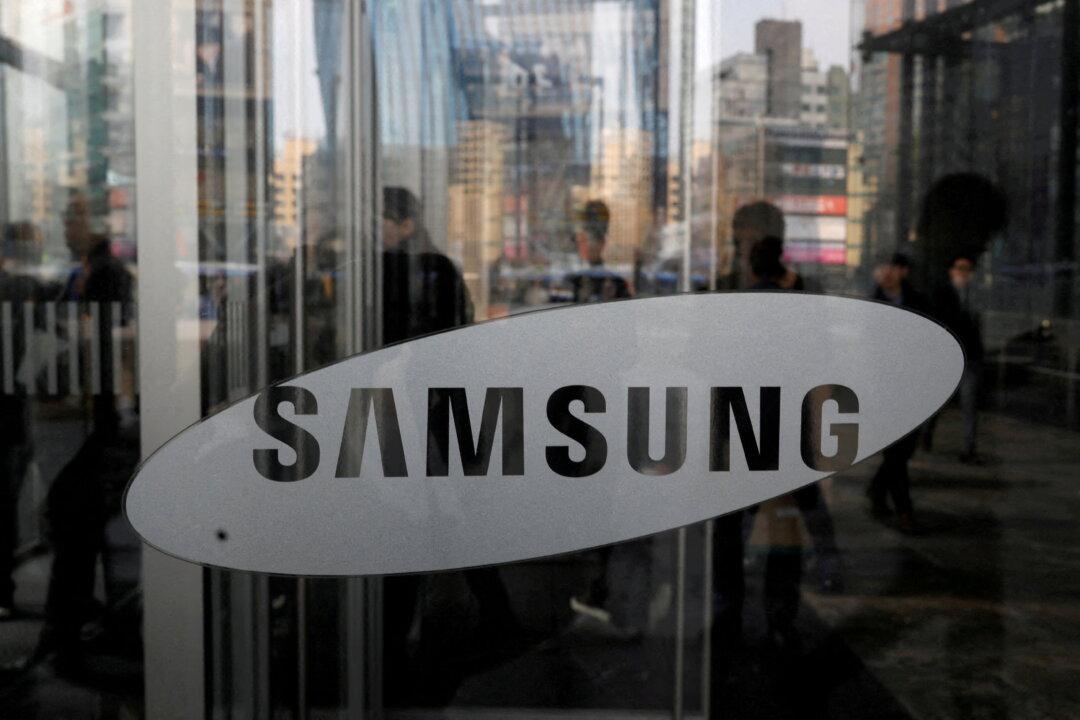Korean tech giant Samsung Electronics said on Sunday that it will incorporate plant-based meals into its staff menus as part of efforts to reduce the company’s carbon footprints for tackling climate change.
Samsung will set up a food corner at its headquarters in Gyeonggi province to provide employees with low-carbon meal options, such as rice with mushrooms, and pesto pasta with seasoned vegetables, among other options.





